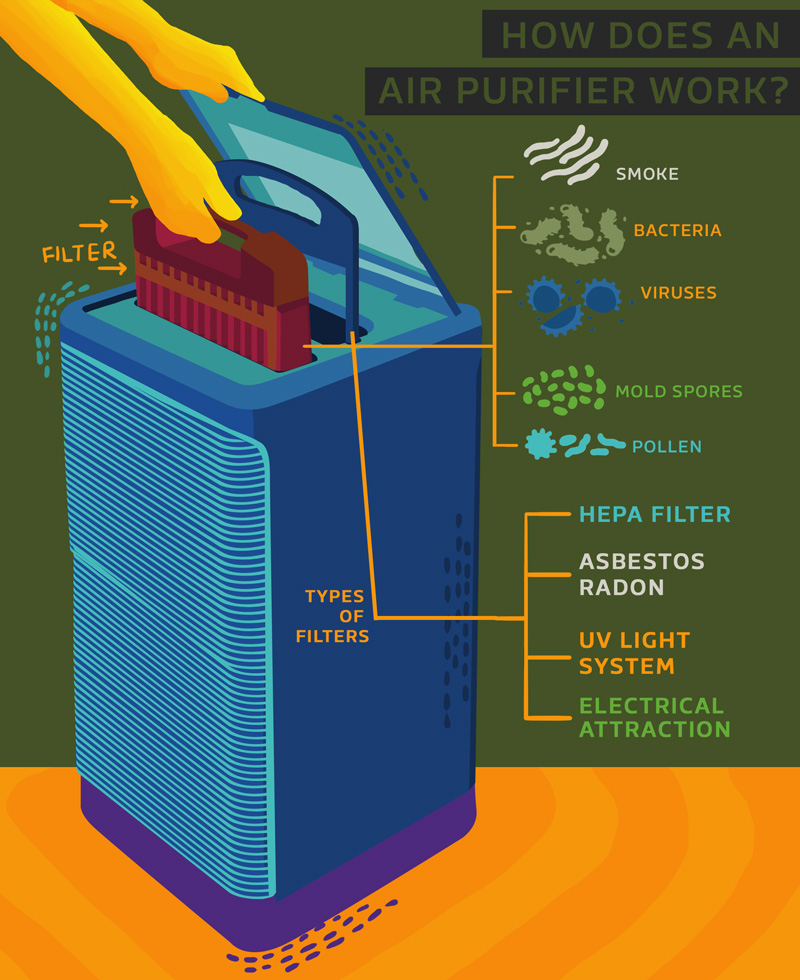The Future Of Home Heating - Just How Heat Pump Technology Is Advancing
The Future Of Home Heating - Just How Heat Pump Technology Is Advancing
Blog Article
Material Create By-Skaaning Byrne
Heatpump will be an important innovation for decarbonising home heating. In a circumstance regular with federal governments' introduced power and climate commitments, their global capacity increases by 2030, while their share in heating rises to one-quarter.
They work best in well-insulated homes and rely on electrical energy, which can be provided from a renewable power grid. Technical developments are making them extra effective, smarter and more affordable.
Fuel Cells
Heatpump use a compressor, cooling agent, coils and fans to relocate the air and warmth in homes and appliances. They can be powered by solar energy or electrical power from the grid. They have actually been obtaining appeal due to their inexpensive, silent operation and the capability to create electrical energy during peak power demand.
Some business, like IdaTech and BG MicroGen, are working on fuel cells for home heating. https://www.prnewswire.com/news-releases/abacus-plumbing-air-conditioning--electrical-hosts-grand-opening-celebration-301298544.html can replace a gas boiler and create a few of a home's electric demands with a connection to the electrical power grid for the remainder.
But there are factors to be doubtful of using hydrogen for home heating, Rosenow says. It would be pricey and inefficient compared to other technologies, and it would certainly contribute to carbon emissions.
Smart and Connected Technologies
Smart home innovation allows house owners to link and manage their devices from another location with making use of smartphone applications. As an example, smart thermostats can discover your heating choices and automatically adapt to optimize energy consumption. Smart lights systems can be regulated with voice commands and automatically switch off lights when you leave the space, reducing energy waste. And smart plugs can keep track of and handle your electrical usage, enabling you to recognize and restrict energy-hungry devices.
The tech-savvy home portrayed in Carina's interview is a great image of exactly how occupants reconfigure room home heating practices in the light of new smart home innovations. They depend on the tools' computerized features to perform everyday modifications and regard them as a practical means of performing their heating practices. Thus, they see no factor to adjust their techniques better in order to allow flexibility in their home energy demand, and interventions focusing on doing so may face resistance from these houses.
Electricity
Since heating up homes accounts for 13% people emissions, a switch to cleaner choices could make a large distinction. Yet the technology encounters obstacles: It's expensive and requires substantial home renovations. And it's not always compatible with renewable resource resources, such as solar and wind.
Till lately, electric heat pumps were also pricey to take on gas designs in the majority of markets. Yet new technologies in design and materials are making them more affordable. And far better chilly environment efficiency is enabling them to work well also in subzero temperature levels.
The next step in decarbonising home heating may be the use of warmth networks, which draw heat from a central resource, such as a nearby river or sea inlet, and disperse it to a network of homes or structures. That would reduce carbon exhausts and permit homes to benefit from renewable resource, such as green electrical energy from a grid provided by renewables. This option would certainly be much less expensive than switching over to hydrogen, a nonrenewable fuel source that needs new infrastructure and would only reduce CO2 exhausts by 5 percent if paired with boosted home insulation.
Renewable Energy
As power rates go down, we're beginning to see the exact same trend in home heating that has driven electric automobiles into the mainstream-- but at an even faster rate. The solid environment instance for impressive homes has actually been pushed additionally by new research study.
Renewables make up a significant share of contemporary warm usage, however have been offered minimal plan focus internationally contrasted to other end-use fields-- and even much less focus than electrical energy has. Partly, this shows a mix of consumer inertia, split motivations and, in lots of nations, subsidies for nonrenewable fuel sources.
New technologies might make the change simpler. As an example, heat pumps can be made much more power efficient by changing old R-22 cooling agents with brand-new ones that don't have the high GWPs of their predecessors. Some professionals also picture area systems that attract heat from a neighboring river or sea inlet, like a Norwegian fjord. The cozy water can after that be made use of for heating and cooling in a community.